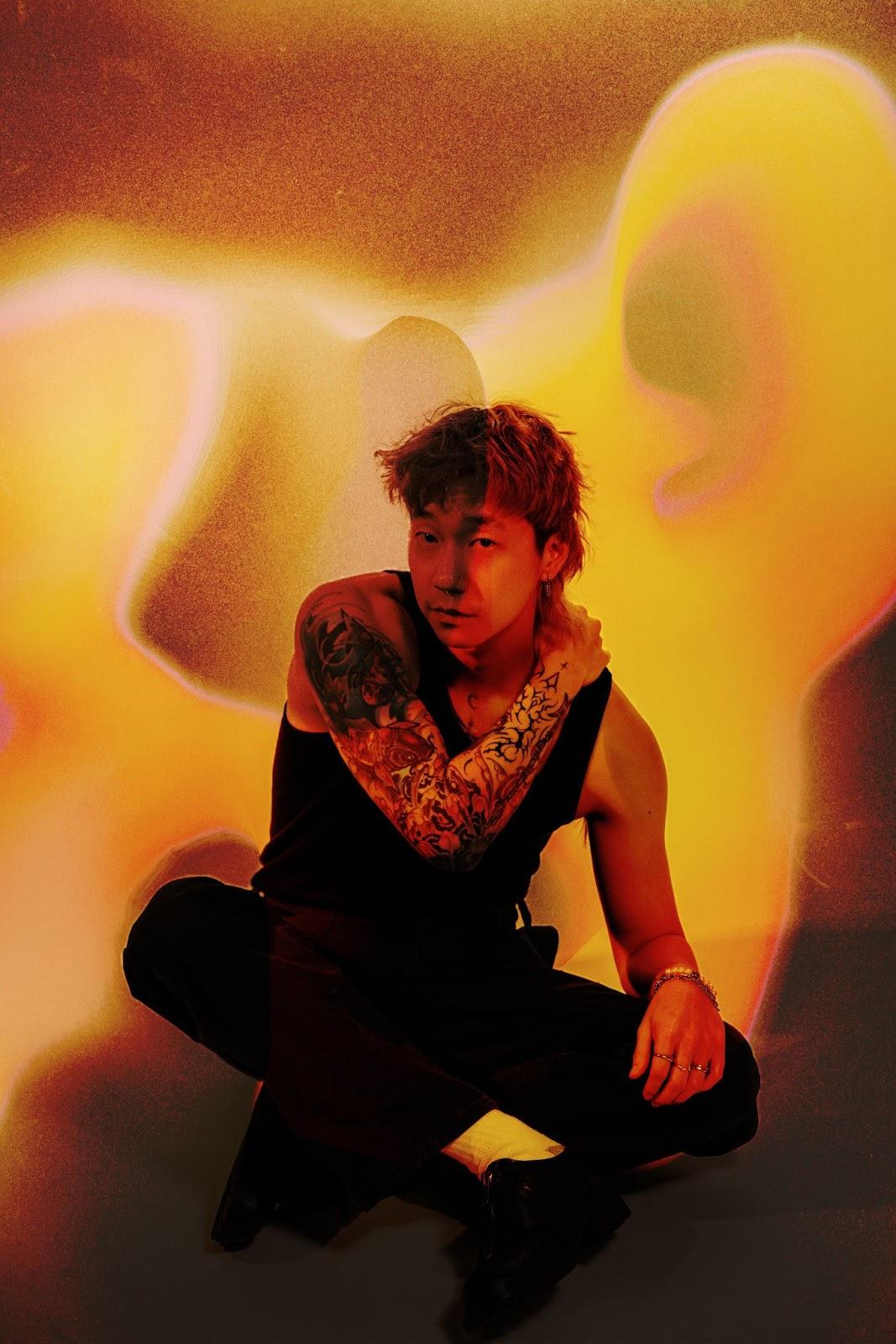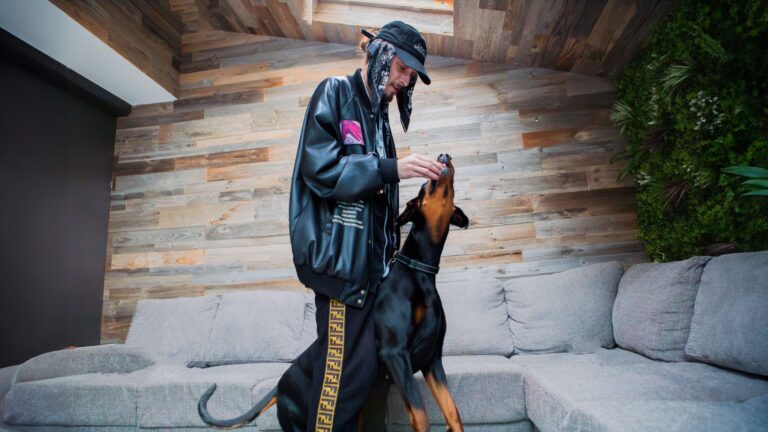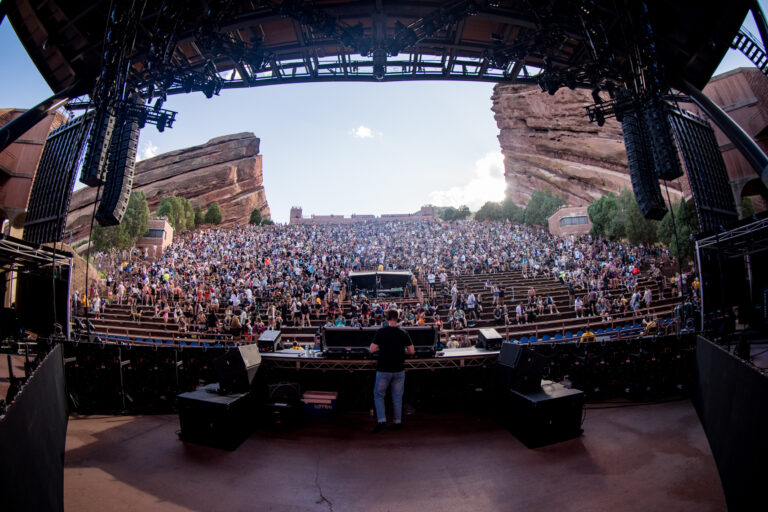His Instagram handle reads ‘sounds like Saka’, and even though he may not have realised it yet, Saka is well and truly on his way to creating a sonic universe that’s true to his artistic vision. The distinctive characteristic of this vision is Saka’s ability to combine the myriad of influences that he learned his craft with, and infusing them into the powerful and thought-provoking soundscapes that he’s been assembling for half a decade.
The result is an eclectic sound palette that spans across the functional, and experimental strands of dubstep, drum & bass, and UK Garage to name a few. These sounds have been consistently presented in the most futuristic and experiential manner ever since his debut in 2019.
Saka hails from Hong Kong, a culturally diverse region that is home to both the most cutting-edge modern ideas, and one of the most prominent cultural hubs of Asia. With nearly every release Saka puts out, you’re guaranteed to be struck by the rich and captivating oriental undertones that shine through his creations.
Over the years, Saka has released his futuristic music on labels like Deadbeats, Inspected Records, and Gud Vibrations, but we’d like to draw your attention to his most recent release on Memory Palace. This release perfectly encapsulates his creative genius and his unwavering vision of musical storytelling by impeccably combining diverse cultural influences.
Currently, in the middle of his tour in the United States, we caught up with Saka while he was in the middle of sorting some tunes for his upcoming shows. Naturally, the chat began with a deep dive into his ‘Monomyth’ EP. Typically, an album is where you establish a connection with the artist and their musical journey, but in this case, Saka delivers a masterclass of soaking bass vibrations, stark atmospheres and intricate drum work, with an EP.
“The EP was kind of a return to my original writing style. It dates back to my very first EP, where I carefully planned out the sonic journey of the release. I had a clear vision of the chronological order in which I wanted things to progress and how I wanted them to sound.”
Remember the in-depth exploration of different emotional experiences that we mentioned earlier? Here’s the man himself discussing them, “For this EP, the storyboard/timeline existed before the songs were actually written. I knew what I wanted to make for each one except for the opening track ‘Soul Ties.’ This one was pure emotion and a tune that just took its own course. But a lot of the EP is in the Joseph Campbell and Monomyth style of writing and concept.
I wanted to make it a bit full circle and have a dream like narrative to the release. It starts with death and rebirth with ‘Soul Ties’. Then it moves on to the ‘Ghoul’, where I return to my 140 sound. From a mythological viewpoint, there are these two demons, or obstacles – Shenlong & Ifrit. You defeat them, you overcome them, whereupon ‘Ichiban’ is our hero’s revelry in their victory. You move on and then ‘Phantasm’ is more like hero’s realization that the whole journey has been in the hero’s head – just a dream.”
What the “Monomyth” EP does exceptionally well is take you from one state of mind to a completely different one at the conclusion. From the gentle and comforting opening of “Soul Ties” to the gratifying final track, “Phantasm,” the EP takes its protagonist on a journey that is both fascinating and terrifying; and Saka details how he managed to construct it in his head and then translate it into the release.
“As a person of mixed heritage as well as being from a part of the world where geopolitical tensions can be quite tumultuous; ‘Shenlong’, the god of storms, was written about said conflict. ‘Ifrit’ on the other hand, denotes the conflict in the Middle East. Both in my eyes have to do with modern-day neo-imperialism to varying degrees. The affairs of the world constantly weigh on my mind, and I can’t help but think about it considering where I come from. Fortunately, I have music as an outlet – and while abstract, I’m enthused to be able to synthesize all these emotions and thoughts into something artful.”
In addition to Saka passionately expressing his emotions through the release, the ‘Monomyth’ EP also delves into ancient mythologies and cultures, a theme that Saka has consistently explored since his debut. It’s his appreciation for different cultures blended with contemporary bass music that helps you form a deeper connection with his form of art.
We asked if there was a defining moment that led him to this path, “I think the moment was when I saw CloZee play live. I wouldn’t say we make the same kind of music, but that was first time where I saw Asian sound ballads used in an electronic format. If someone from a different culture can infuse Chinese soundscapes, then me bring a form of that to the world, I think it only made sense that I embraced my culture and dispensed it in the way I know best. I have always found Shinto mythology super interesting and ancient Chinese mythology as well, and I draw a lot of my inspirations for track names and samples as well.”
Then it was time to take Saka on a little trip down memory lane and talk about when his musical excursions began. Before making his debut in 2019, there was an immersive experience Saka went on where he explored electronic music of many forms before landing on his formative style that speaks multiple sonic languages.
“Specifically, with the kind of music I make, it took me a little longer. But ever since I was a teenager, I was going to underground raves in Hong Kong where they would play a lot of jungle, drum & bass, breaks and everything around it. Then in my college years, I started going to more house music events which eventually led me to Dirtybird Records shows. That was before I dug deep into acts like Ivy Lab, Eprom, Sam Gellaitry, Shades, and G Jones.
They’re all different in terms of styles, but they introduced me to a totally different world of music that I hadn’t really paid attention to. SoundCloud helped a bit of course because I started listening to acts even though they weren’t exactly future beats, I started making stuff that leaned more towards Soda Island kind of music, but then it got darker and darker.”
Thanks to the progressive culture and incredibly receptive audiences, Hong Kong has been a major touring destination for bass music artists. Celebrated names like Flowdan, Ivy Lab, and Bryan Gee have recently performed there, while local legends like Magnetic Soul have been passionately driving the scene forward with their unique and creative approaches.
Having spoken about Hong Kong from a political perspective, and how it influenced the making of his ‘Monomyth’ EP, it was time to explore the club landscape of Hong Kong.
“The scene in Hong Kong is definitely underground. I think my favourite thing about Hong Kong in general is the local affinity with electronic music, and not EDM or Big Room, if you’d like to call it such. Most events aren’t large-scale, so naturally, it leans towards the underground. You have your drum & bass, you have your dubstep, your techno. All the flavours you’re looking for are there, but in an underground capacity, and I think it’s a factor that becomes conducive for artists to come, interact with the culture, and play what THEY want.”
The discussion then shifted to Saka’s ongoing tour in the United States, a destination he is quite familiar with. Saka has been witness to the rapidly expanding bass music scene in the country, which has seen the art form transition from clubs to festival main stages, with the potential for even greater growth in the future. He gave us a peek into the tour and his thoughts on how bass music is received in America.
“So I did my first headline tour this year, and the response was solid. All the major markets that I wanted to play my music and do well in were all sold out. I can’t ask for more, especially in this economy and considering the kind of music I make, I am definitely very grateful for that.
Coming to how I feel bass music has progressed in the United States – First and foremost, I think bass music is really young and I think it’s America’s first foray into the less noisy type of EDM. Tech House for example, because I remember the flavour of that year was still Complextro. Then the first time Chris Lake’s track played, I think history was made at EDC. It grew massively, then there was this massive over-correction that followed, which I think will be the case with bass music as well.”
Right after the tour will be his debut UK show which he recently announced and this will be followed by his European debut as well. It’s needless to say the anticipation is off the scale, “First time in London, first international headline, first time in Europe. I’m definitely a bit nervous, but also excited. I think a lot of music I have made has been in consideration for how the UK and Europe might perceive it, and I feel quite inspired by the sounds from that side of the pond. I’m really excited to see how the shows pan out.”
Saka’s music traverses through such a wide range of styles that immerse you into his rich tapestry of emotions. For him to achieve this, he relies on a steady stream of motivation and inspiration. Equally important is his ability to reset and transition smoothly from one project to the next.
“I think hitting the reset button is exactly why I stay motivated. I like moving chapter to chapter and project to project, and I don’t stay in one area for too long to avoid the possibility of burnt-out. Last time I was close to burning out was when I was making ‘Halftime’. In my head, I was like “Oh shit” this is the thing I do that people like and respect me for, and this the thing that does well, I should just keep making this.
When I had that mindset, I was literally running on fumes. I was like fuck, being able to expand and just be a little more eclectic has made me a lot more patient because, for me, it has to do with how much of your emotions you’re able to put in the tune. If you’re feeling super sad, and you go and write a happy liquid song, and you’ll think to yourself, this doesn’t make any sense. So, I try to be as honest as I can be with my emotions when I am writing music.”
This has also helped Saka manage his expectations and his growth at the pace at which he wants it “It feels consistent and easier to manage, because there are moments where you feel you’ve grown too fast and not many things are in your hands, and there’s an external power that’s holding the reigns of your music and your creativity.”
Coming to the end of our conversation, Saka gave a glimpse into his upcoming music and his progress towards what could be an album in the making. It might be heading our way sooner than we think. There are also a few creative trenches Saka intends to explore with his upcoming music and
There’s an EP I am working on with Fly so that’s the next thing from a music standpoint, between that I have a series of festival shows, then after that is the tour with Off The Trees. Me and Fly are going to be doing a bunch of shows together. After that, we will have our EP out, and we’ll do some shows together. But at some point in 2025, I will look at working on an album and start channelling my thoughts in that headspace.
When you are writing an album, it is lot more serious, that’s why I am leaving my autumn season open so I get more space to write music. I have a couple of the tracks that I know will be on the album, but besides that, it’s just an idea right now. I want to combine the style of the ‘Monomyth’ EP and the ‘Silk’ EP. writing this EP felt very cathartic, and I am keen to see how my emotions and my love for cultures and mythologies converge into an LP.
I also think my album is going to be the proper vehicle to put out some of the drum & bass I have been working on. The two tunes I mentioned I have ready for the album are drum & bass and it’s definitely some of my favourite work so far
Finally, a tour in the region Saka honed his craft in? That’d be a proper full-circle moment, wouldn’t it? “I really hope to play and tour in Asia very soon. I played my first show in China this year and it was awesome. I really want to tour China, India, and Japan and play some shows in Korea as well.
The realistic time to look at an Asia tour will be once the album is out; it will just be a better setting for me to bring the tour to fruition; and yes, that would definitely be a full circle moment.”


